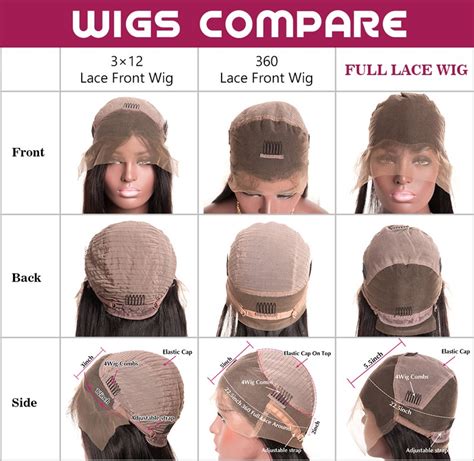Men’s hairpieces have come a long way, and with the latest technologies, they look more natural than ever. Whether you’re experiencing hair loss, thinning hair, or just want to change up your look, a wig can be a great way to boost your confidence and feel more like yourself.

Types of Wigs for Men
There are many different types of wigs available for men, so it’s important to find one that meets your needs and preferences. Here are some of the most popular types:
- Lace front wigs: Lace front wigs are made with a thin layer of lace that is attached to the front of the wig. This creates a realistic looking hairline that blends seamlessly with your own hair. Lace front wigs are more expensive than other types of wigs, but they offer the most natural look.
- Monofilament wigs: Monofilament wigs are made with a thin, transparent mesh that is attached to the base of the wig. This creates a natural looking scalp that allows your own hair to show through. Monofilament wigs are more breathable than lace front wigs, making them a good choice for men with sensitive skin.
- Synthetic wigs: Synthetic wigs are made with artificial fibers that are designed to look like human hair. Synthetic wigs are less expensive than human hair wigs, and they are also easier to style and maintain. However, synthetic wigs may not look as natural as human hair wigs.
- Human hair wigs: Human hair wigs are made with real human hair that has been processed and styled. Human hair wigs offer the most natural look and feel, but they are also the most expensive type of wig. Human hair wigs require more maintenance than synthetic wigs, but they can last longer.
How to Choose the Right Wig for You
When choosing a wig, there are a few things you need to consider:
- Your hair loss pattern: If you’re experiencing hair loss, it’s important to choose a wig that will cover the areas where you’re losing hair.
- Your hair type: If you have thick, curly hair, you’ll need a wig that is made with a strong material that can withstand your hair’s texture. If you have thin, straight hair, you can get away with a lighter weight wig.
- Your lifestyle: If you’re active, you’ll need a wig that is secure and won’t come off easily. If you’re not very active, you can choose a wig that is more comfortable and stylish.
Tips for Wearing a Wig
Once you’ve chosen a wig, it’s important to learn how to wear it properly. Here are a few tips:
- Prepare your hair: Before you put on your wig, make sure your hair is clean and dry. You may want to apply a wig cap to help keep your hair in place.
- Put on the wig: Gently place the wig on your head and adjust it until it fits comfortably. Secure the wig with the adjustable straps or clips.
- Style the wig: Once the wig is on, you can style it to your liking. You can use a blow dryer, curling iron, or flat iron to style the wig.
- Care for the wig: Wigs require regular care to keep them looking their best. Brush the wig gently to remove any tangles. Wash the wig every few weeks with a mild shampoo and conditioner.
Conclusion
Wigs can be a great way to boost your confidence and feel more like yourself. By following these tips, you can find the perfect wig for your needs and preferences.
Frequently Asked Questions
Q: Can I wear a wig every day?
A: Yes, you can wear a wig every day. However, it’s important to take care of your wig to keep it looking its best. Brush the wig gently to remove any tangles. Wash the wig every few weeks with a mild shampoo and conditioner.
Q: How long do wigs last?
A: The lifespan of a wig depends on how well you care for it. With proper care, a wig can last for several years.
Q: How much do wigs cost?
A: The cost of a wig depends on the type of wig, the materials used, and the brand. Synthetic wigs are less expensive than human hair wigs. Lace front wigs are more expensive than other types of wigs.
Additional Information
- The American Hair Loss Association (AHLA) is a non-profit organization that provides support and information to people experiencing hair loss.
- The International Society of Hair Restoration Surgery (ISHRS) is a professional organization for hair restoration surgeons.
- The National Hair Loss Association (NHLA) is a non-profit organization that provides support and information to people experiencing hair loss.
